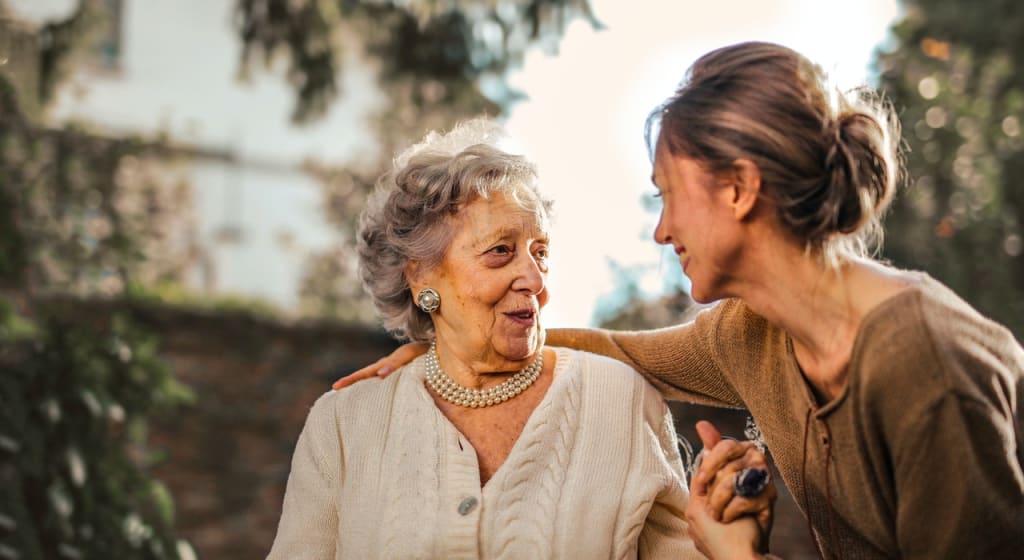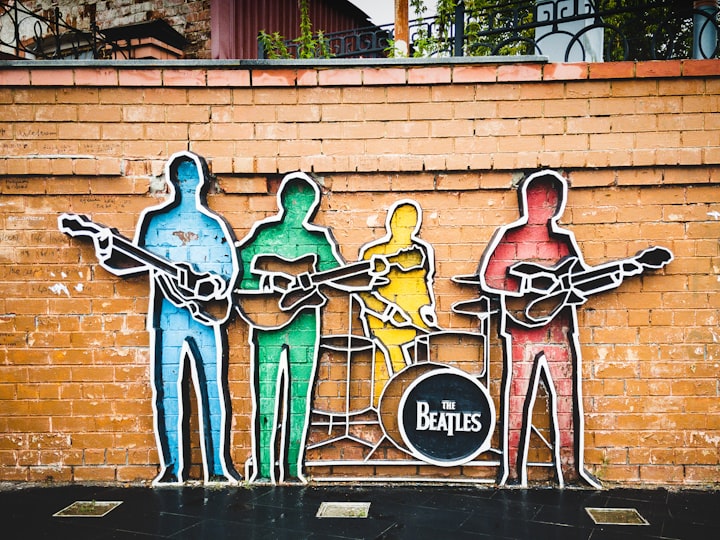The pandemic offered us a blessing In the vitality of Hugs.
Exploration uncovers what befalls your body and brain when you're missing actual touch. Print Bookmark

Exploration uncovers what befalls your body and brain when you're missing actual touch.
Print Bookmark
Rose Gagnon couldn't embrace her grandkids for a considerable length of time.
Not having the option to see and contact her friends and family consistently in view of COVID-19's social separating conventions was negatively affecting the emotional well-being of the 85-year-old. In the same way as other, she was feeling desolate and longing for an enthusiastic association that had been hampered by the powerlessness to accept those generally critical to her.
That is the point at which Gagnon's granddaughter Carly Marinaro concocted a creative arrangement as a "embrace time" gadget. Inside a casing made of PVC channeling, Marinaro formed a transparent plastic obstruction with two arm connections, so grandma and granddaughter could share an embrace while limiting the danger of openness to the Covid.
Like Gagnon, numerous Americans have missed the glow of a hug, the closeness of a kiss, or the quieting sensation of holding somebody's hand. At the point when the Centers for Disease Control and Prevention gave its recommendation to remain six feet from others back in March 2020, that abruptly made loving touch a shortage.
As a social researcher, I have been concentrating on the correspondence of love for more than twenty years. Warm correspondence comes in many structures, and not every one of them has been diminished by the pandemic. Indeed, even with social separating, individuals can in any case say, "I love you. They can likewise share warm instant messages and online media posts—and gratitude to stages like Zoom and Skype, they can see each other's appearances and hear each other's voices. The one experience it has not had the option to work with, be that as it may, is contact. People can't embrace their grandkids, kiss their companions, or hold the hand of a perishing adored one through Microsoft Teams or Google Hangout.
What individuals have endured during the pandemic is "contact hunger," a casual term for what social researchers call "fondness hardship," a state where people need or need more warmth than they get. What's more, here's the reason that is important.
Contact hunger debilitates the prosperity
Like normal appetite, contact hunger fills in as a ready that something significant is absent—for this situation, the feeling of safety, closeness, and care that accompanies material contact. As individuals have made careful arrangements to socially remove themselves, many have found the feeling of hardship that can go with the absence of friendly touch.
Contact hunger is vital for prosperity for the duration of our life expectancy. Therapist Ruth Feldman has shown that touch is instrumental for solid physical and intellectual advancement starting in outset. During adulthood, warm touch adds to both mental wellbeing and the body's capacity to oversee pressure and lessen irritation.
Also, among the old, warm touch can improve tranquility and responsiveness for those experiencing dementia. Contact is so amazing, truth be told, that in any event, envisioning contact can lessen pressure and agony, as per analysts Brittany Jakubiak and Brooke Feeney.
At the point when individuals feel denied of touch, in this way, it is justifiable that their prosperity can endure. Indeed, even in typical occasions, contact hunger is related with more noteworthy pressure, tension, and dejection; lower-quality rest; and diminished fulfillment and closeness in heartfelt connections. Add to that the limitations on touch presented by COVID-19 and it bodes well why so many are languishing. Truth be told, research has shown that the advantages of warm association—including contact—are increased during encounters of misery.
Organic therapist Karen Grewen and her associates have shown that embracing a significant other decreases the degree to which distressing circumstances raise pulse and pulse, while analyst Sheldon Cohen and his partners observed that embracing ensures the body against the pressure of viral openness.
Reacting to an absence of loving touch
Not every person needs a similar measure of loving touch, obviously, anything else than everybody needs a similar measure of food or rest. In the same way as other qualities, the requirement for contact differs from one individual to another, as indicated by correspondence researchers Laura Guerrero and Peter Andersen. Certain individuals are even what Andersen calls "contact avoidant," which means they regularly find relational touch unpleasant rather than pleasurable.
Getting contact can be awkward for those with states of being like rheumatoid joint pain, or emotional well-being conditions, for example, chemical imbalance range issue. Individuals who have been damaged or physically mishandled may likewise observe contact to trigger.
It is additionally significant that not all types of touch are similarly useful. Some cursory contacts, like a handshake, perhaps generally harmless, though forceful or oppressive touch frequently accelerates long haul wellbeing inconveniences.
For the people who are missing touch, notwithstanding, research proposes a few substitutes. Imparting fondness to a pet has pressure lightening benefits. Self-rub, for example, of the hands or neck, can have quieting and torment diminishing impacts. In any event, embracing a pad decreases the cerebrum's experience of pressure. These are for the most part blemished substitutes, certainly, yet until COVID-19 is a memory, they might be helpful for those experiencing contact hunger.
This article was initially distributed on The Conversation. Peruse the first article.
About the Creator
Anita Hass..
fAside from dieting, exercising is one of the most common strategies employed by those trying to shed extra pounds. It burns calories, and this plays a key role in weight loss.






Comments
There are no comments for this story
Be the first to respond and start the conversation.